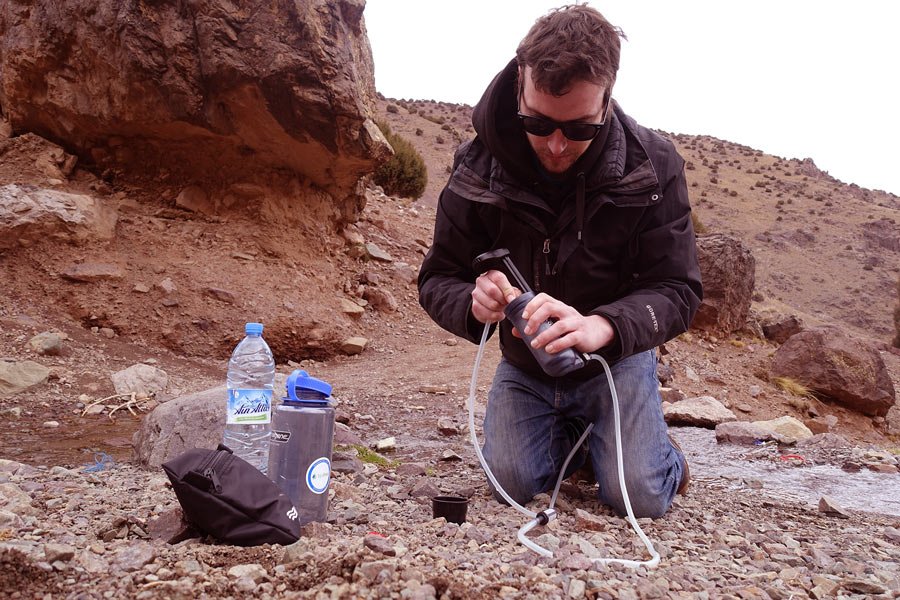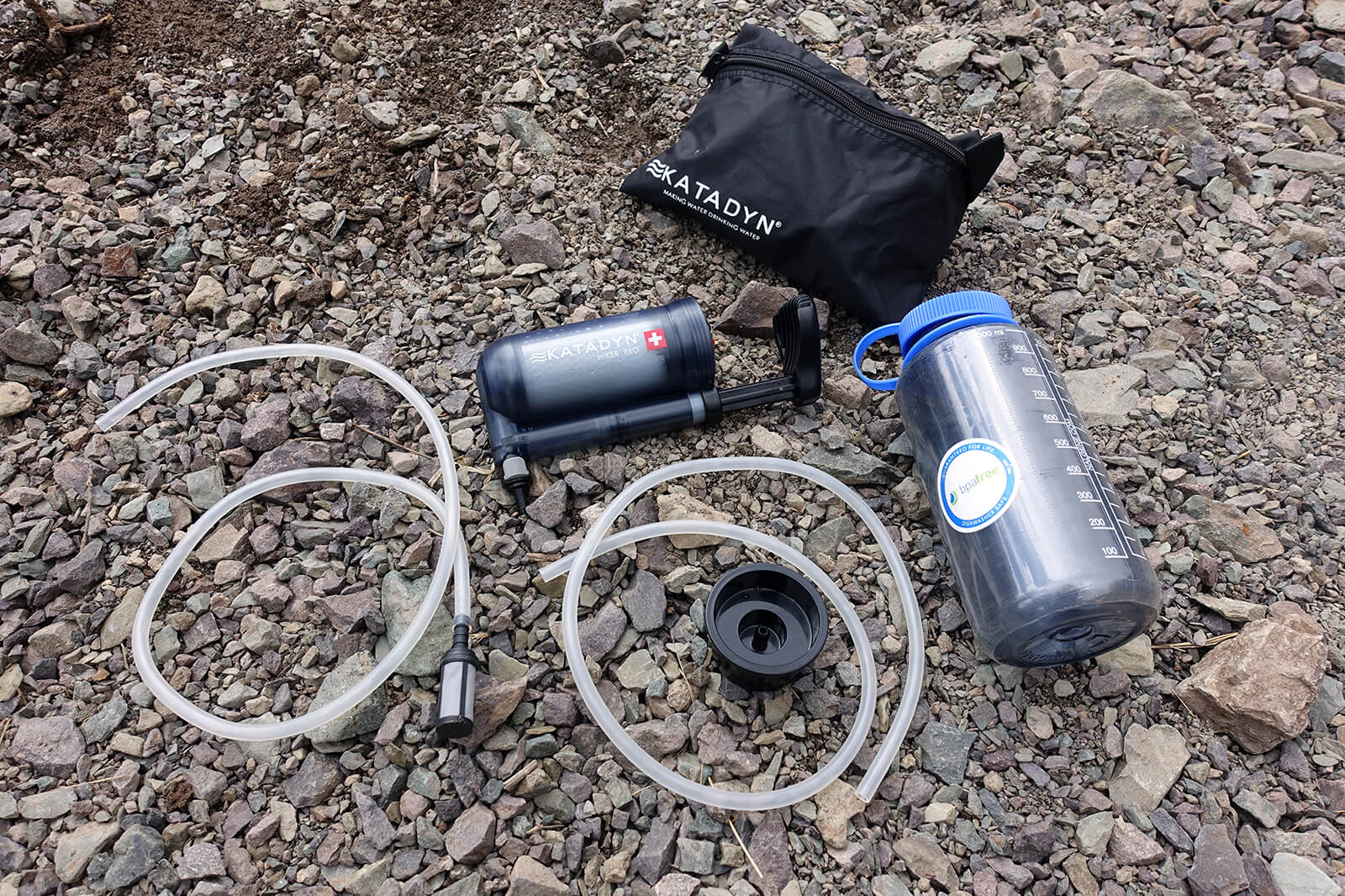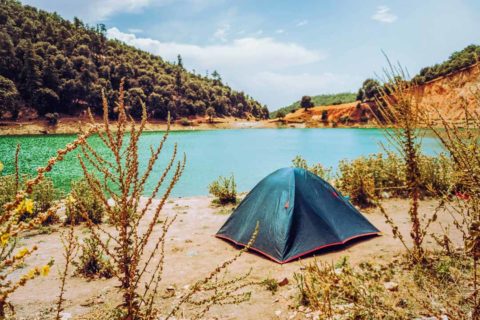The quality of drinking water in Morocco varies significantly depending on the region. While water in major cities is often safe, issues can arise in rural areas. In this article, you’ll learn what to look out for and how to protect yourself as a traveler.
Morocco’s water supply is closely tied to regional geography. In cities such as Marrakech or Rabat, tap water is well-treated and generally meets international standards. In rural areas, the situation is quite different. In remote regions, tap water can be contaminated with bacteria or minerals, increasing the health risk, especially for tourists.
Contents
Water quality in Morocco
Morocco sources most of its drinking water from seven rivers, with the Atlas Mountains supplying a significant portion. About 69% of the water comes from rivers and dams, while the remaining 31% comes from groundwater. As water scarcity increases due to reduced rainfall, the country is increasingly investing in desalination plants to combat the looming crisis.
In urban areas of Morocco, tap water usually meets WHO standards. Approximately 83% of the urban population has access to safe drinking water. Larger cities such as Casablanca or Rabat generally offer well-treated tap water. That said, chlorination is a standard practice, which can lead to stomach issues for travelers unaccustomed to the chemical composition. Additionally, the chlorinated water in Marrakech often lacks the fresh taste of spring water.
The situation is more challenging in rural areas, where the risk of contamination is significantly higher. Tourists should avoid drinking tap water and using it for ice cubes. Nevertheless, many campsites and hotels provide stations with filtered water labeled as “eau potable” (drinking water) to ensure a convenient alternative.
Tips for handling drinking water in Morocco
Here are some simple tips to help you navigate water safety during your trip to Morocco:
- Avoid tap water: Refrain from drinking tap water or using it to brush your teeth. While tap water is treated in cities, it may contain bacteria or minerals unfamiliar to your system. These are harmless to locals. However, they can cause digestive problems for tourists.
- Be cautious with ice cubes: Always check if ice cubes are made from filtered or bottled water. If unsure, it’s safer to skip them, as they could be made from tap water.
- Watch out for salads and raw vegetables: Many restaurants often rinse fresh produce with tap water. Even if you’re cautious, eating salads or raw veggies might expose you to potentially contaminated water. To minimize the risk, choose cooked dishes.
- Use water treatment in emergencies: If you need to rely on tap water, use portable water filters or tablets, like Micropur, to disinfect the water safely. This can be a valuable solution, especially in remote areas of Morocco where clean drinking water might not be available.

Bottled drinking water in Morocco
If you’re looking for a popular and safe option, bottled water is widely available across Morocco. Still water, called “miah” in Arabic and “l’eau” in French, is the most common choice. For those who prefer a bubbly option, sparkling water is available as well, known as “miah ghazia” or “eau gazeuse”. The prices of bottled water can vary depending on the brand and size. For instance, a 5-liter canister typically costs about 13 DH (approximately 1.20 €), while a standard 1.5-liter bottle might range from 6 to 13 DH. These costs can add up, so it’s helpful to factor them into your travel budget if you’re planning an extended stay.
When purchasing bottled water, always ensure that the bottle caps are intact. Unfortunately, there have been reports of refilled bottles being sold with tap water. To be safe, check to make sure the cap is sealed.
Environmental impact of bottled drinking water
Morocco does not have a bottle deposit system, leading to significant plastic waste from the widespread use of bottled water. Even with recycling efforts, there is still an environmental impact due to CO₂ emissions. To address this challenge, many hotels and riads offer water filters as an eco-friendly solution. By choosing accommodations with these features, you can reduce your plastic waste while ensuring a clean and reliable water supply.
Water treatment
When traveling in Morocco, ensuring safe drinking water is essential to avoid health problems like gastrointestinal issues and diarrhea. Fortunately, there are various methods to ensure safe and hygienic water treatment.
Water filters
For long-term travelers or campers venturing off the beaten path, water filters are a practical and eco-friendly choice. A good water filter eliminates bacteria, pollutants, and unpleasant tastes from tap water. This makes it not only a safer option but also a cost-effective one. Additionally, using a water filter helps to minimize your environmental impact by cutting down on plastic waste from single-use bottles.
Chemical water treatment
For shorter trips or situations where access to clean water is limited, chemical treatments like Micropur provide a simple and portable solution. These products use chlorine and silver ions to disinfect the water effectively. Chlorine eliminates bacteria and viruses, while silver ions prevent the growth of germs, and ensure longer water durability.
The lightweight and compact nature of products like Micropur makes them an excellent addition to your travel gear. You can easily carry them in your backpack to treat water as needed. However, keep in mind that chemical treatments don’t provide mechanical filtration and can slightly alter the taste of water. Despite this, they are a reliable solution to ensure that drinking water is free from harmful pathogens.

Mechanical water filters, such as the popular Katadyn water filter I have been using for years, are robust and reliable. They can easily be attached to the convenient Nalgene wide-mouth bottles, making them particularly easy to use. The ceramic filter not only removes bacteria but also reduces exposure to chemicals or chlorine. If you’re planning to explore remote regions, a water filter is a valuable addition to your equipment.
Water treatment on camper tours with a motorhome
Traveling through Morocco in a motorhome or vehicle provides you with the flexibility to carry larger water supplies and apply extensive water treatment methods. By transporting water in 10-liter canisters in Morocco, you can practically treat and store clean drinking water directly in your vehicle. Combining mechanical filters and chemical disinfection methods offers a reliable solution for water treatment.
Micropur, available in both liquid and powder forms, is particularly practical for camper tours. A 100 ml bottle of liquid Micropur can treat up to 1000 liters of water. Both forms are ideal for treating water in larger containers, producing less waste than single-use plastic bottles, and reducing your ecological footprint.
Conclusion
Paying attention to your drinking water supply in Morocco is crucial. Bottled water is the safest choice, while tap water should be avoided, even for brushing your teeth or consuming ice cubes or salads. For longer trips or tours in rural areas, consider using water filters or disinfectants like Micropur. These options not only ensure safe drinking water but also offer a sustainable and eco-friendly alternative as they reduce plastic waste and are cost-effective.
With the right preparation and a little discipline, you can ensure a safe supply of drinkable water in Morocco and enjoy your stay worry-free. By following the described measures, you’ll protect your health and reduce your ecological footprint at the same time.
Frequently asked questions about drinking water in Morocco
It’s best to avoid ice cubes unless you are sure they were made with clean or boiled water.
Many luxury hotels provide filtered water. However, it is still advisable to use bottled water.
Generally, yes. However, it is safer to use bottled water for that purpose, especially if your stomach is sensitive to unfamiliar minerals or bacteria.

